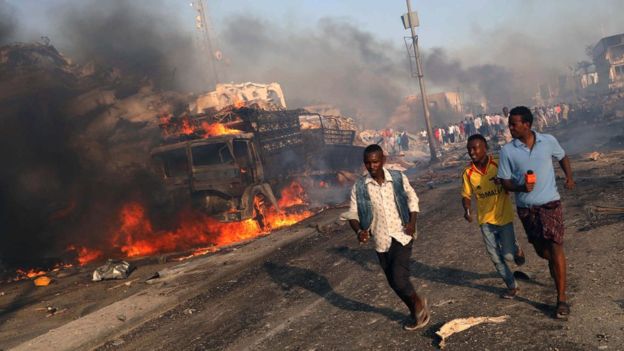The Africa Regional Certification Commission for Polio (ARCC) says insurgency remains a hindrance towards polio eradication in Nigeria.
The commission therefore urged the Government of Nigeria to strengthen surveillance programmes towards ending wild polio virus in the region.
Prof. Rose Leke, Chairperson of the commission, made this known during the ARCC regional meeting in Abuja on Monday.
Leke noted that in spite of the progress recorded in Nigeria on its bid to end polio, there are inaccessible areas in the countries due to insecurity in some part of the country.
“We don’t know what is happening in those areas and I think that is a problem,’’ she said.
However, she commended the efforts of the Nigerian government through the partnership between the National Primary Health Care Development Agency (NPHCDA) and the Army to make the inaccessible areas to shrink to smaller units.
According to her, there are smaller units in the areas affected by the insurgency and we don’t know whether there is polio there or not.
“The last time Nigeria records significant progress and record no cases of wild polio virus suddenly the case emanated from the Borno state.
“This time we better say a little about eradication, but strengthen our efforts to move in to the in accessible areas.
“The government is doing everything possible to cover all the affected areas and then we can say there is no polio there and subsequently, we can declare that Africa is free from polio,’’ she said.
Leke said the Nigerian government has put in a great effort and much progress has been made toward ending polio in the country.
She added that ARCC had come to Nigeria to see the progress that has been made, and congratulate Nigeria for the progress recorded in the fight to end polio in the country.
“We are here to also advocate for more work to be done because there is great work to be done especially in the inaccessible areas,’’ she said.
She said there are nine countries in the meeting, adding that the meeting will review the complete documentation for Madagascar which claims to have achieved a polio free status.
Leke said there were nine countries that have problems with respect to polio eradication programme, adding that the meeting would discuss with them on ways to improve the situation.
She said the meeting would also review updates and progress reports on polio eradication from Democratic Republic of Congo, Nigeria and Kenya which had the outbreak of Circulating Vaccine Derived Poliovirus (cVDPV2).
“Two countries with security challenges such as South Sudan and Central Africa Republic and three other countries with surveillance challenges which include Guinea Bissau, Equatorial Guinea and Mauritania,’’ she said.
The Minister of Health, Prof. Isaac Adewole, said Nigeria’s decision to host this meeting was anchored on our resolve to liberate Nigeria and indeed Africa from the scourge of poliomyelitis.
The minister noted that that Africa was making very remarkable progress towards the eradication of poliomyelitis in the region.
He noted that in 2012, the African Region reported 128 wild poliovirus (WPV) cases, which accounted for more than half of the global burden.
He added that in 2013, about 76 cases were reported; in 2014, about 17 cases; no case was reported in 2015.
“In 2016, after almost two years, four cases were confirmed from areas that were under Boko Haram Insurgency in Borno State in Nigeria and the outbreak was contained successfully and in a timely manner,’’ he said.
The minister said the last Wild Polio Virus (WPV) was reported 21 months ago in Monguno Local Government Area of Borno.
He added Nigeria however remains on the list of polio endemic countries as some areas in the northeast remain inaccessible to the polio programme.
Speaking on behalf of development partners, Dr Wondi Alemu, Country Representative of World Health Organisation Nigeria, said African region has gone 21 months since last case wild polio virus in Nigeria in September 2016.
He said since the confirmation of the outbreak the synchronisation of the efforts across the countries in Lake Chad Basin has been commendable.
Alemu said the programme continues to innovate appropriate strategies and adapt to fit to a very challenging context.
“Despite the remarkable gains achieved, the job is not yet done as we still have some trapped populations that we cannot access, though shrinking continuously,’’ Alemu said. (NAN)
Insurgency remains major hindrance to polio eradication in Nigeria – Official

